










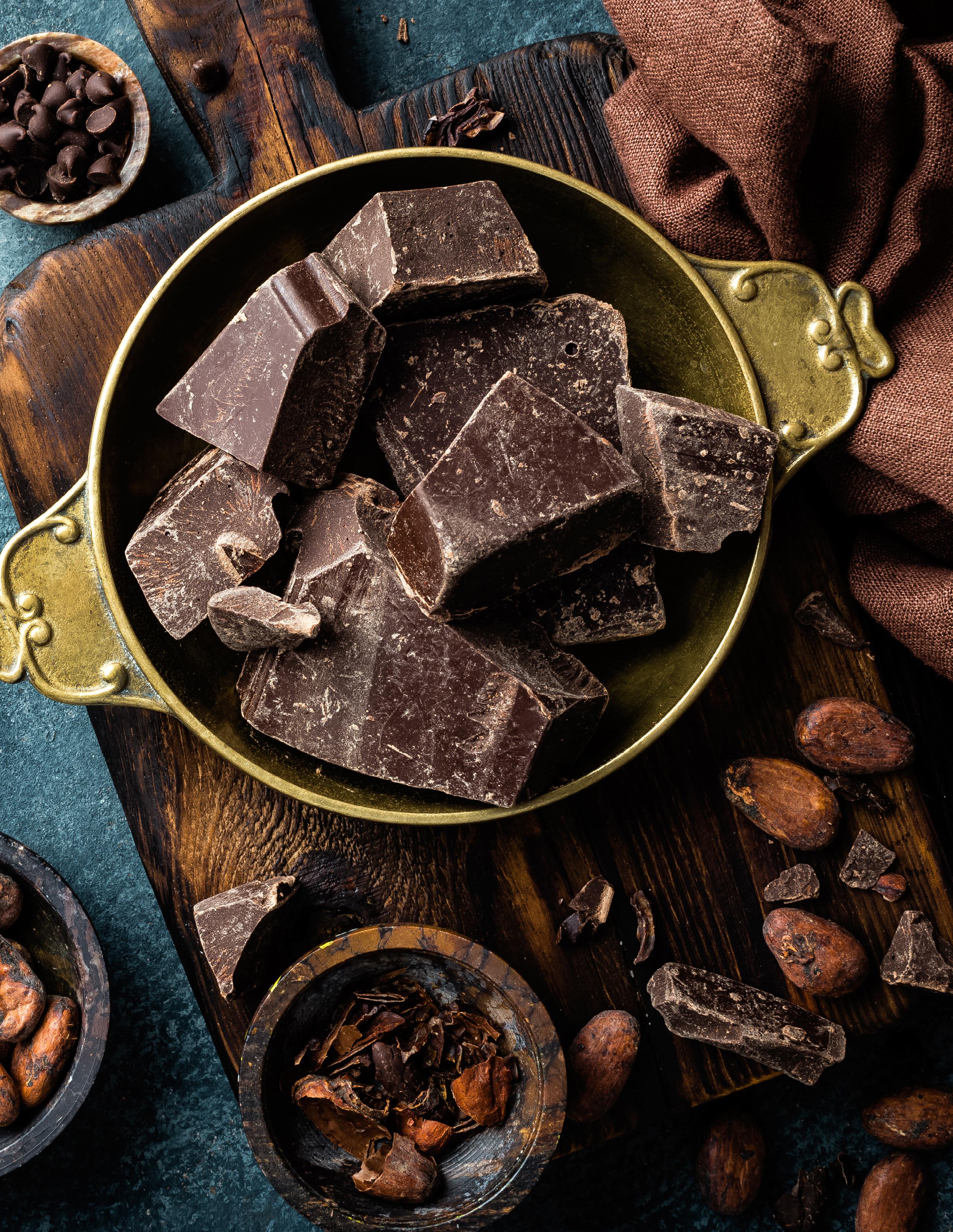

We’re incredibly lucky to be living in a time when we’re finally understanding the negative impact that certain foods have on people’s mental health. As a Nutritional Psychiatrist, I’m frequently asked for good alternatives to foods that we know get in the way of good mental health. Oftentimes it’s the same culprits - and luckily there are some simple dietary swaps people can make for improved mental health. In this eBook I’m going to cover 9 of the most common swaps I recommend for my patients and everyone interested in optimal mental health. I cover much more science and make many more recommendations in my book EAT TO BEAT DEPRESSION AND ANXIETY.
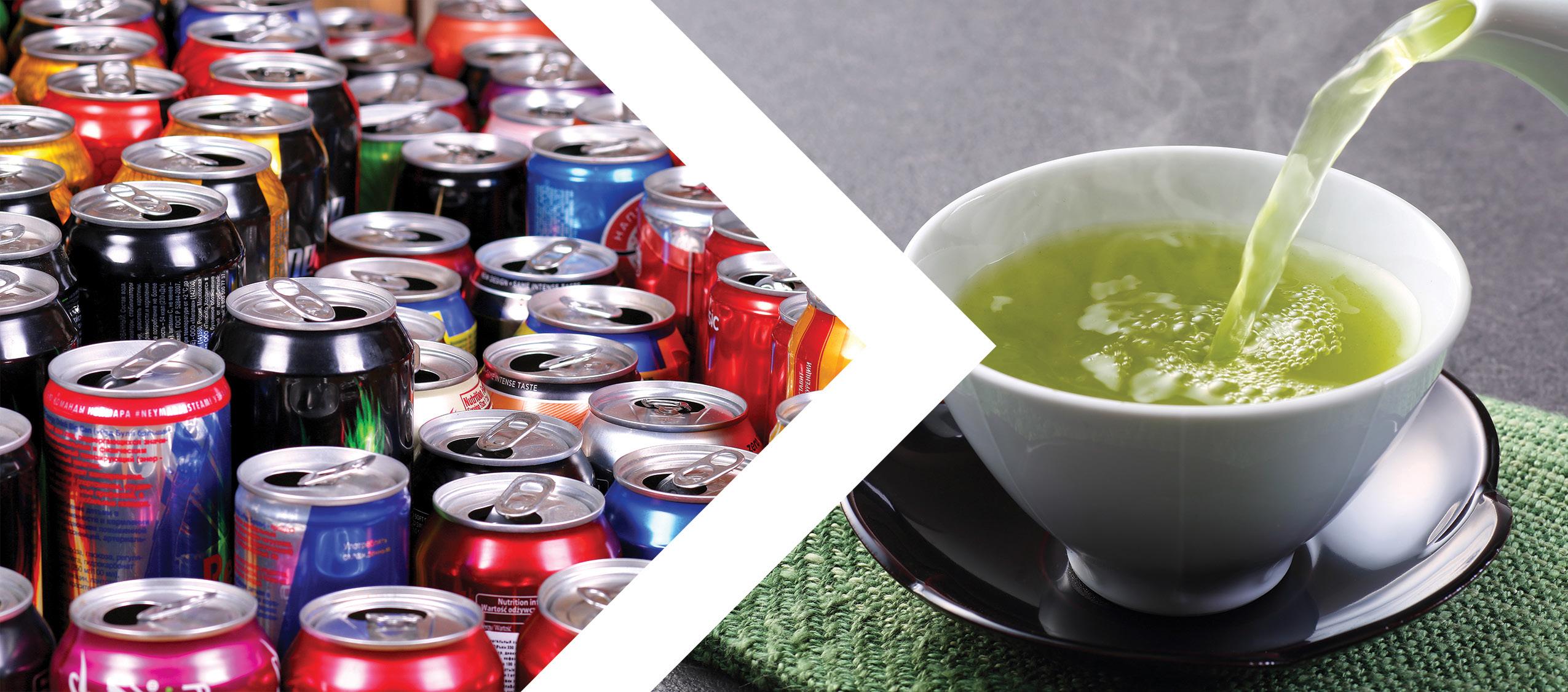
During my career as a physician there has been a meteoric rise in energy drink consumption, most often highly caffeinated, sugary concoctions that sometimes include alcohol too. To me, they are a signal something is amiss. Introduced in 1997, they often rely on “natural” ingredients like guarana and yerba mate. A study in Australia found Poison Control was called almost five thousand times a year for energy drinks and were labeled “a significant public health hazard” by researchers. Why not get your focus from Mother Nature’s version, green tea? After all, it provides a lot more than focus! The polyphenols in green tea are some of the most researched plant compounds and in the words of the researchers: “As a main constituent, green tea polyphenols were documented for their antioxidant, anti-inflammation, anticancer, anti cardiovascular, antimicrobial, antihyperglycemic, and antiobesity properties. ” Maybe one reason so many young adults need an energy drink is fatigue from inflammation.


Alcohol is a tried and true beverage for many to unwind. At least one study showed moderate alcohol intake to be correlated with decreased risk of depression... and it seems everyone knows that drinking 1-2 glasses of wine may benefit heart health. That said, reducing alcohol consumption or eliminating it all together for periods is almost always helpful for depression, anxiety, and overall mental fitness. And while light drinking might be protective, heavy drinking increased the risk of depression by 80 percent in a Swedish study. For those struggling with depression or anxiety I typically recommend eliminating alcohol until they are feeling better. But what to drink instead? Kombucha is a fizzy, increasingly popular beverage made from fermenting black or green tea and sugar in the presence of a SCOBY (Symbiotic colony of bacteria and yeast). The result is a complex mix of B-vitamins, beneficial polyphenols from the tea, and live bacteria. Kombucha not only has a similar mouth feel to many carrbonated alcoholic beverages but those live probiotic bacteria are actually fantastic for your microbiome and your brain health..Consuming more fermented foods is a major focus of Nutritional Psychiatry and my book Eat To Beat Depression and Anxiety.


While researching my first book The Happiness Diet, I learned about the history of trans fat , and its modern consequences, including inflammation leading to heart attacks and increasing depression risk . That’s just one major reason swapping out margarine for olive oil is great for your brain. An olive itself is an incredible brain food and has potential antidepressant effects. Make sure you buy organic extra virgin olive oil instead of regular olive oil to really up the polyphenol content and reap all of the benefits. When cooking with olive oil, make sure you keep in mind the smoke point is around 375 degrees Fahrenheit. Avocado oil and coconut oils are other options for cooking and baking at higher heats.

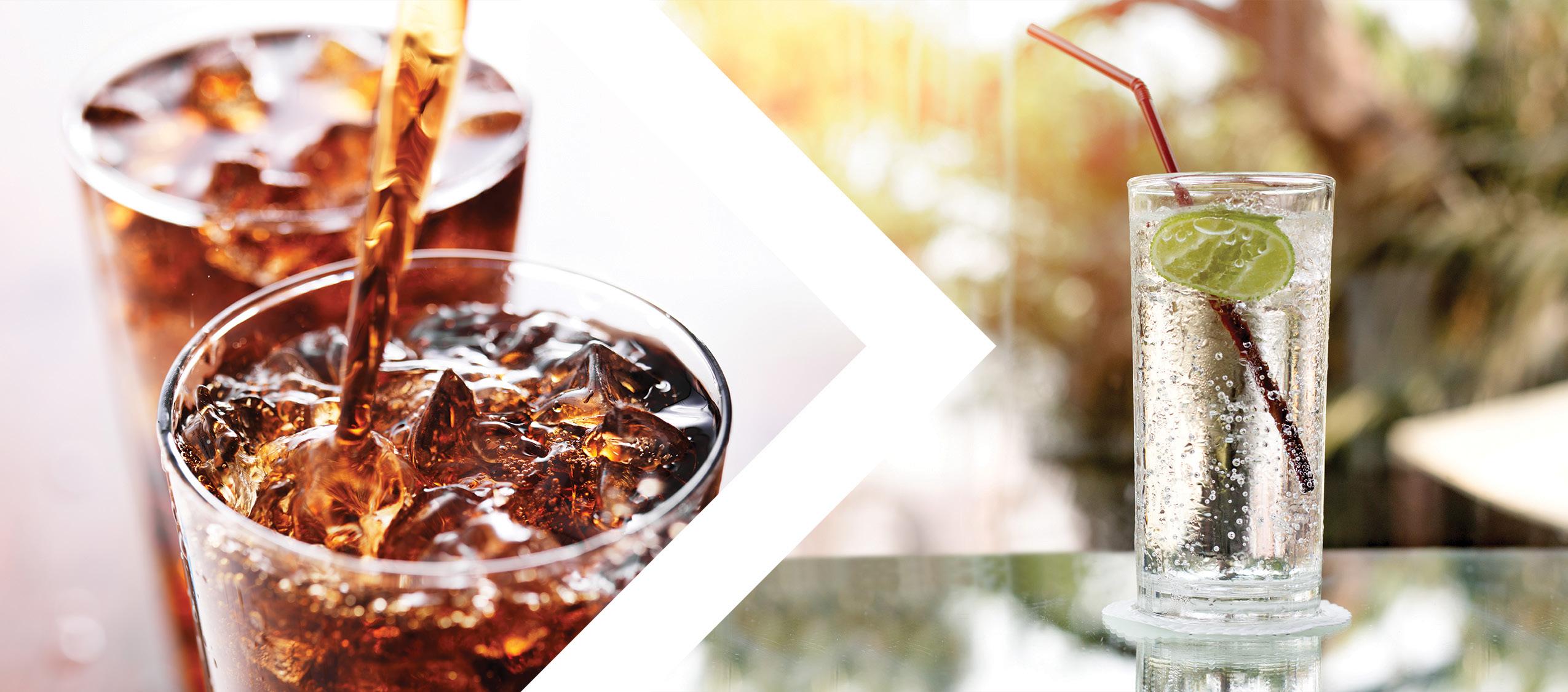
Nothing wrecks brain health like the inflammation from liquid sugar, and even diet soda has some concerning data. Soda and other sugar filled drinks can do some serious damage and they increase the risk of depression and anxiety. Even when the sugars can be hidden like in diet sodas, it’s simply best to avoid them. Flavored seltzer water is an easy alternative to drinking soda. It’s fizzy and can be flavored with natural flavors. When looking at labels, a good rule of thumb is to always check for ingredients that you recognize and can pronounce.

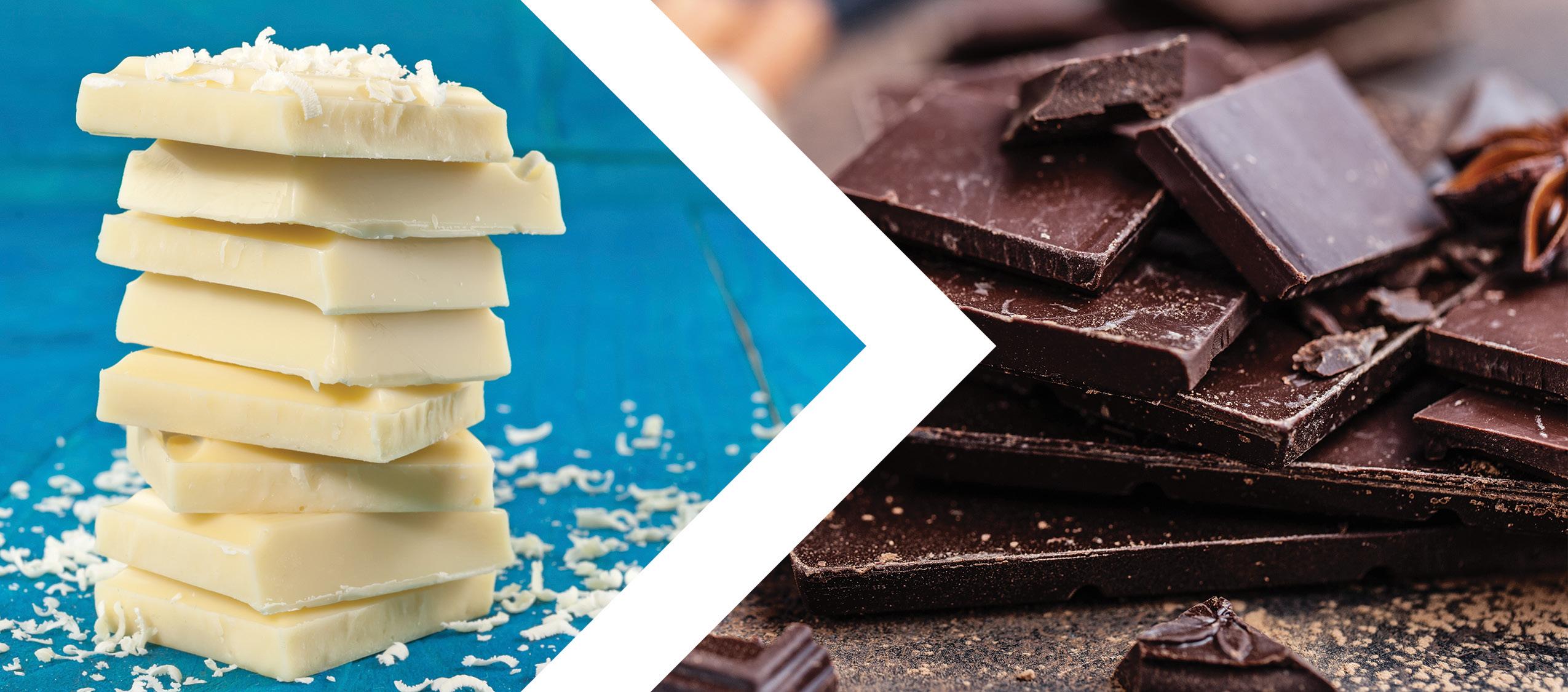
Sad truth: white chocolate has no chocolate in it and none of the health benefits associated with dark chocolate. The good news is incorporating dark chocolate into your diet is great for your brain health. And who doesn’t love dark chocolate? In this study it was shown to improve memory, which as we age, is something that is top of mind for many of us. Not only that, but dark chocolate is packed with antioxidants, mainly flavonoids which help improve mood. Next time you’re craving something sweet, opt for some dark chocolate, specifically some with over 70% cocoa. The higher the percentage of cocoa the more health benefits you’re getting from it.


We have bee hives on our farm to support pollination and because we love honey. Yes, honey is still a concentrated sugar, so don’t overdo it. But as an added sugar substitute it works wonders. Honey has been used for years by our ancestors, making it a traditional food. It’s loaded with polyphenols and flavonoids, which by now you know are beneficial as they act as antioxidants. Honey also has anti-inflammatory properties to it. If you’re going to have sugar in your diet, why not choose honey that has so many health benefits?


Fruit juice is sugar. One reason you should eat fruit and not drink fruit juice is the fiber. When you consume fruit or vegetable juice, even if you juiced it yourself and know it doesn’t have added sugars, it still lacks all the fiber. An easy way to make sure you get the fiber in your diet is to make a fruit and vegetable smoothie. Start with your favorite fruit or fruits (I prefer blueberries!) and add in nuts for fat, a little protein and even more fiber. Lastly, don’t forget to add in vegetables for more nutrients. You’ll have a delicious, nutrient dense smoothie!

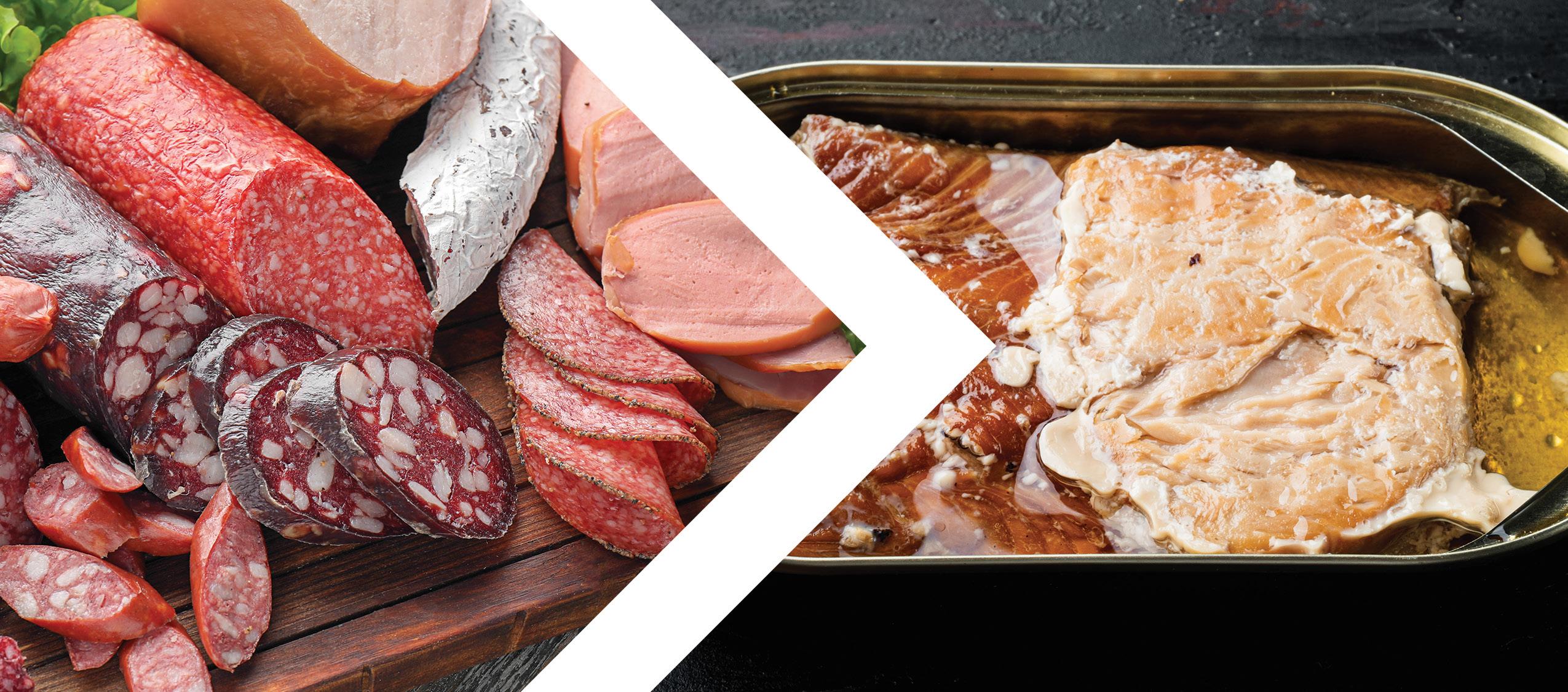
I don’t want to take away your charcuterie board but unfortunately most deli meats are laden with nitrates, fillers, salt and they are generally low quality meat. Meats like these are correlated with increased depression risk among other health risks. A great alternative is canned-fish because the brain-nutrient density, and value, are amazing. The salmon burger from Eat To Beat Depression and Anxiety is a household favorite! Omega-3 fatty acids are a key player in optimal brain health. Replacing your processed meats with canned wild caught fish can actually decrease risk of depression. Focus on adding in more wild caught fish into your diet to reap the benefits.


Increase nutrient density and decrease inflammation? Yes please. Kale chips are easy to make at home. All you need is kale, extra virgin olive oil and some seasoning. Cruciferous vegetables such as kale have antiinflammatory and antioxidant properties and research shows these vegetables have a positive effect on the central nervous system. The opposite is true of regular potato chips. Chips and other processed snack foods have been shown to promote inflammation. Kale chips are a healthy, easy swap that still gives you that same great crispy, salty, crunch with none of the health risks associated with regular chips.


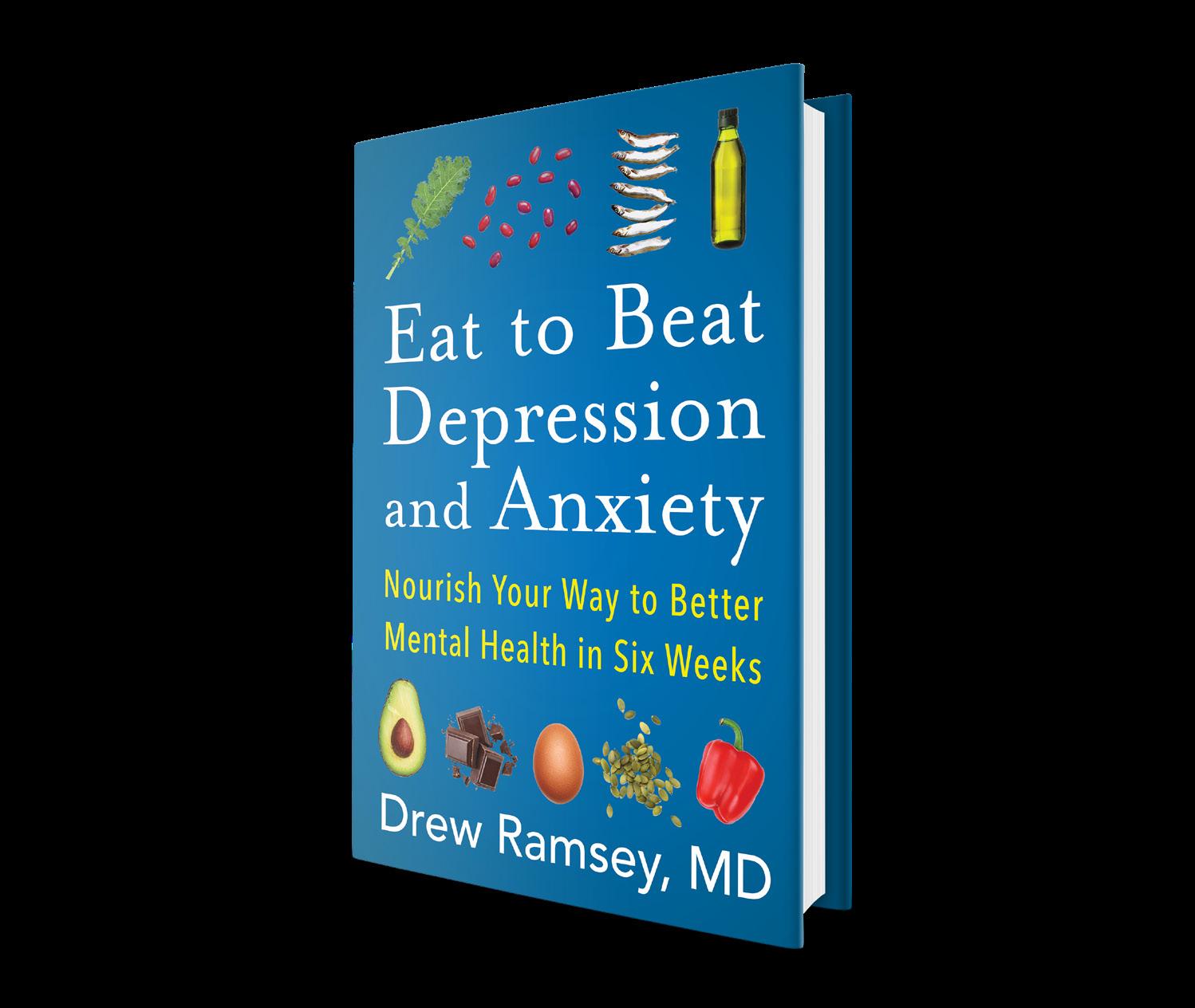
I hope you enjoyed learning about these 9 Simple Swaps for better mental health! Giving up foods that you like can be tough, but I promise you that if you give some of these swaps a try then your brain will thank you. If you want to learn more about dietary changes to improve mental health, then be sure to check out my new book EAT TO BEAT DEPRESSION AND ANXIETY or follow me @drewramseymd on Instagram for more information.
